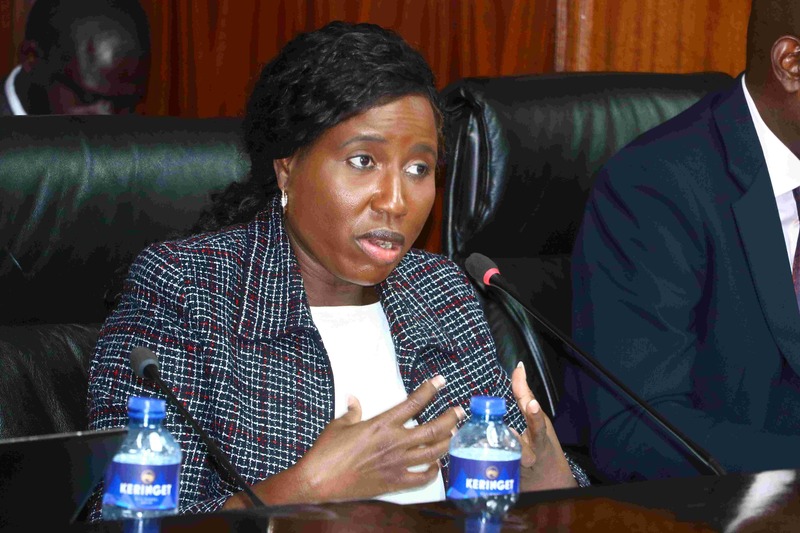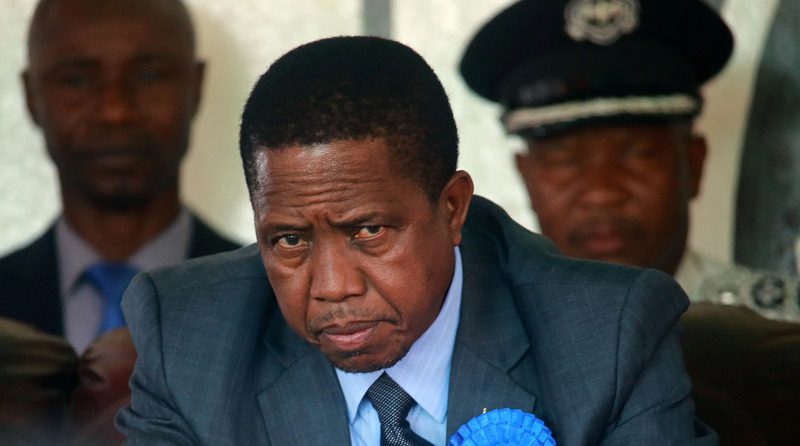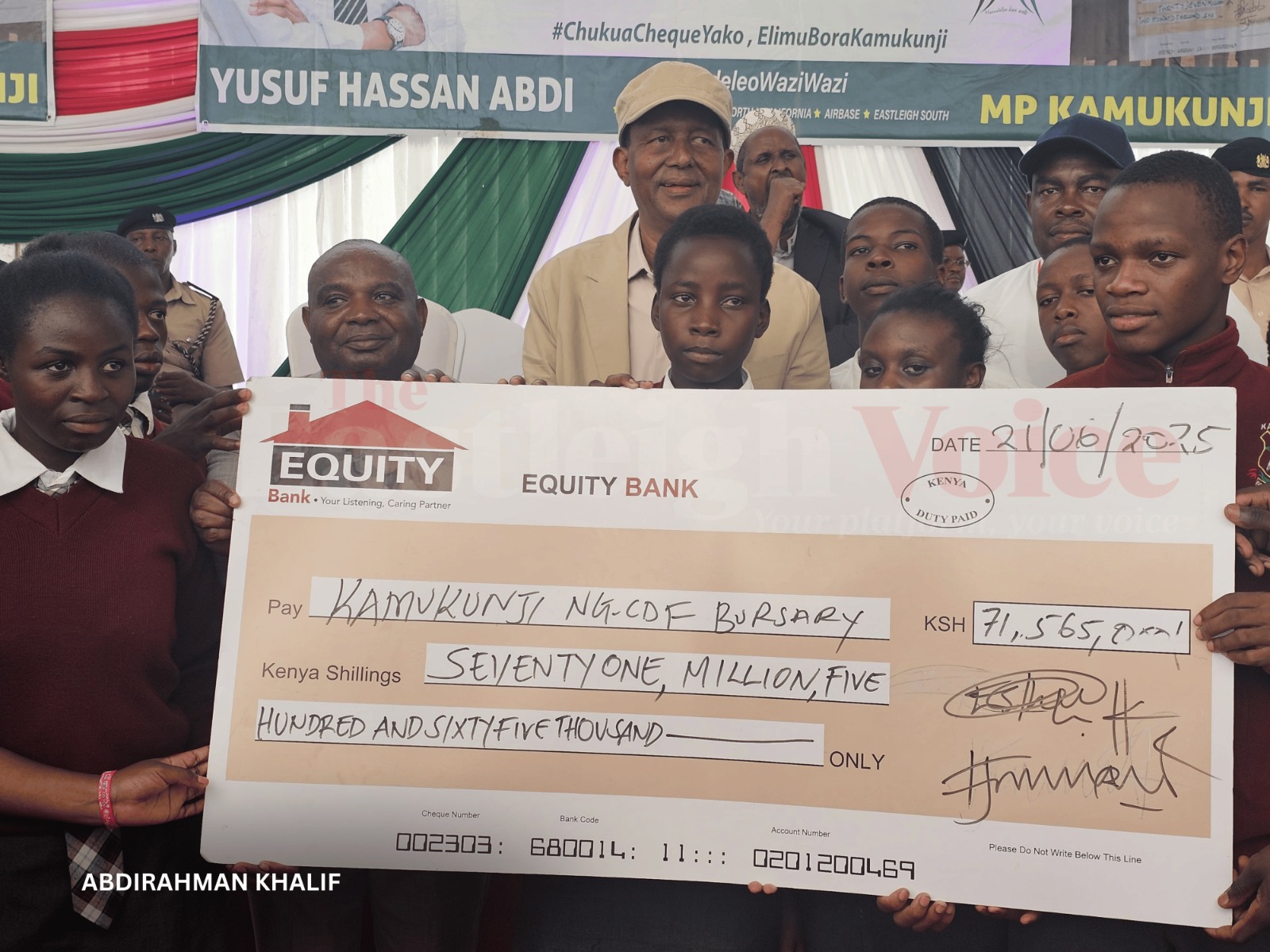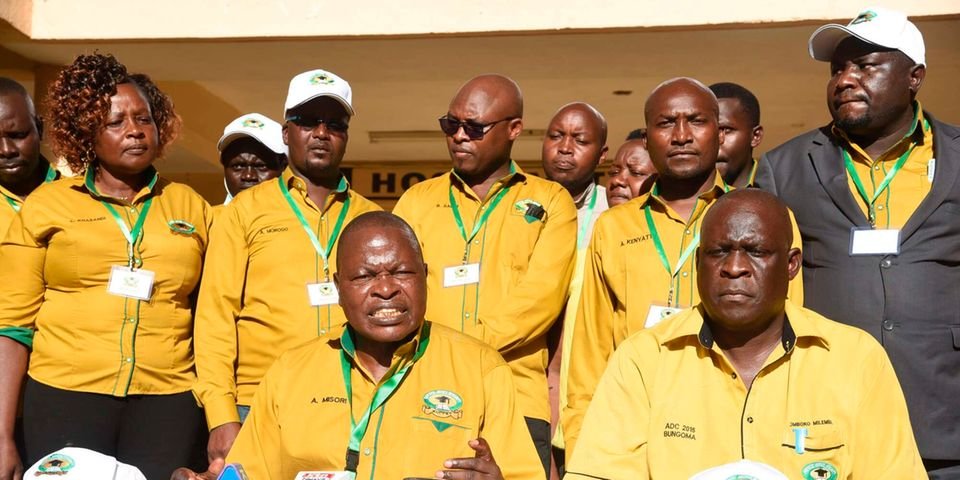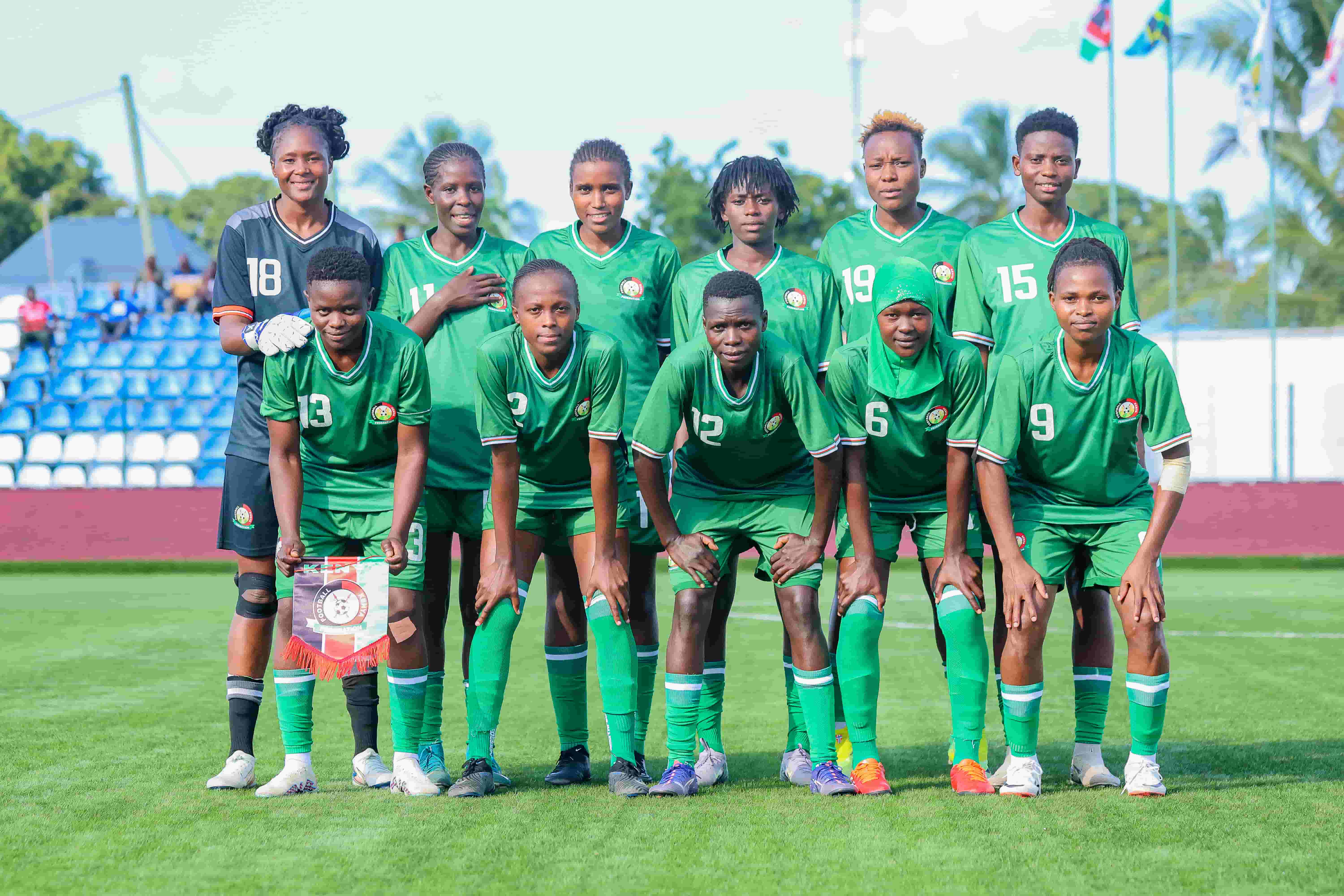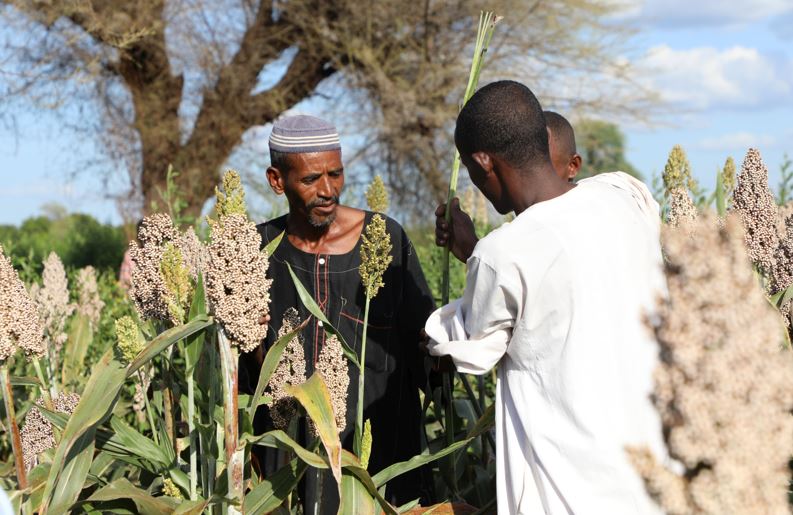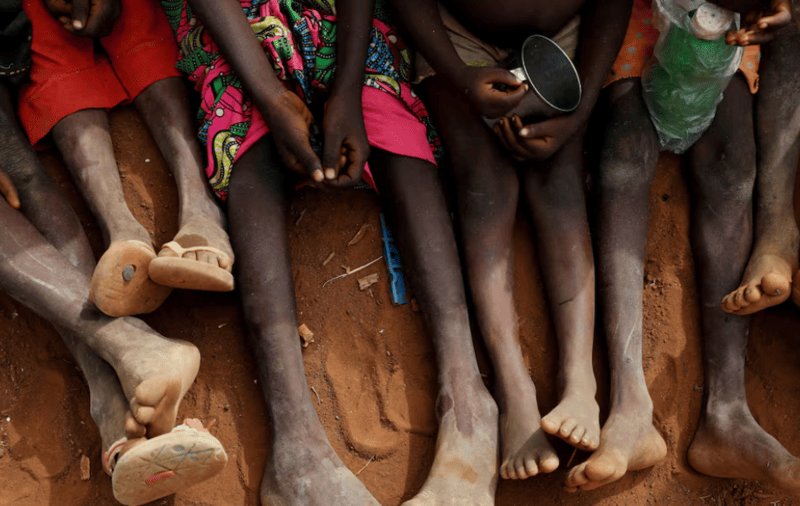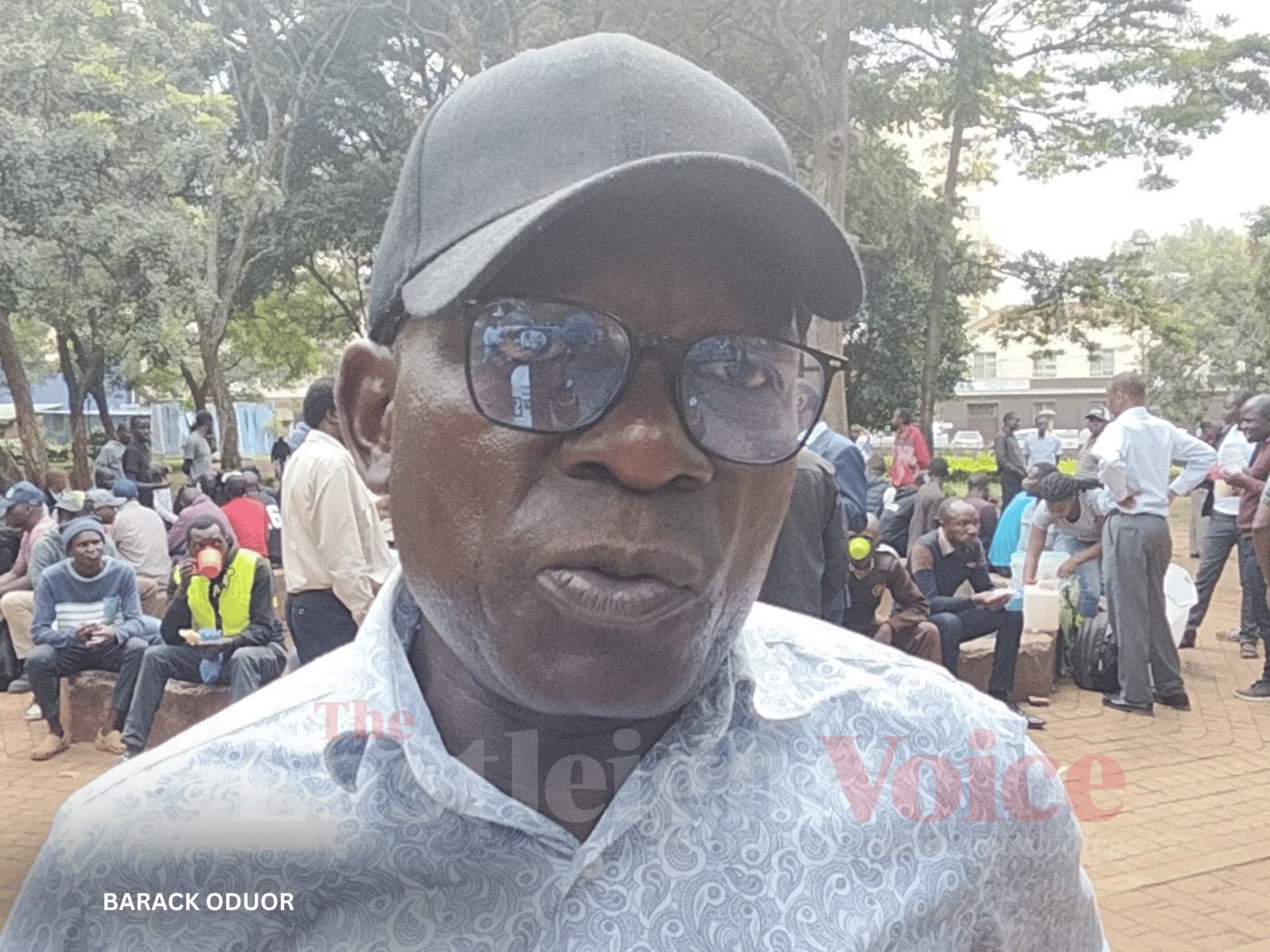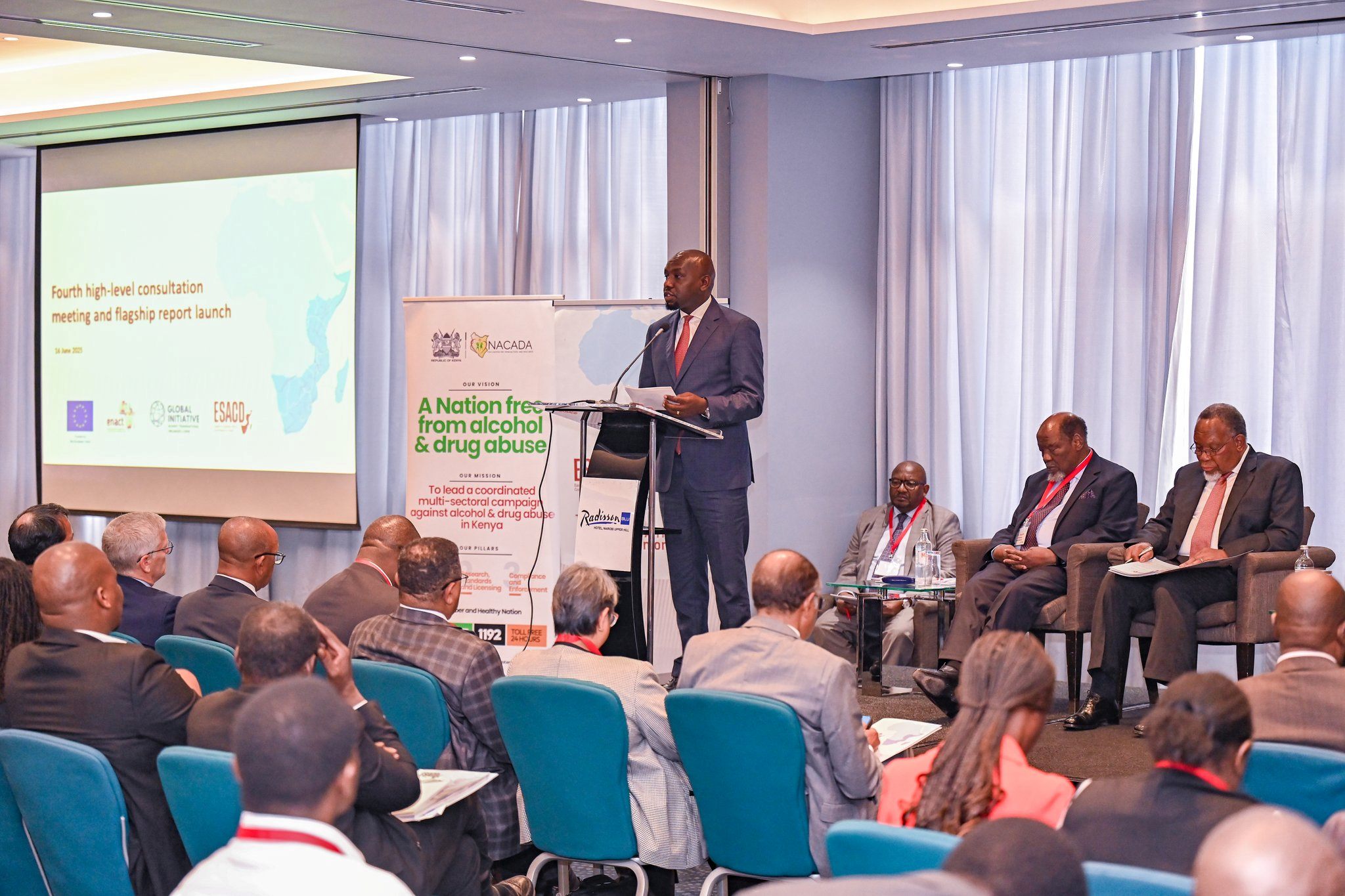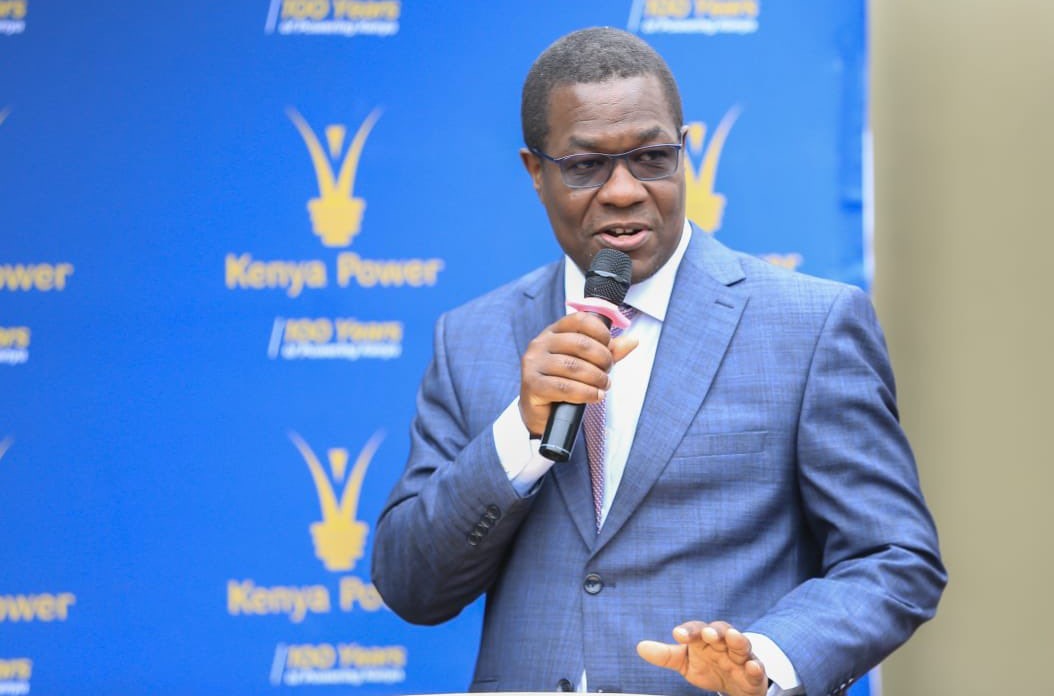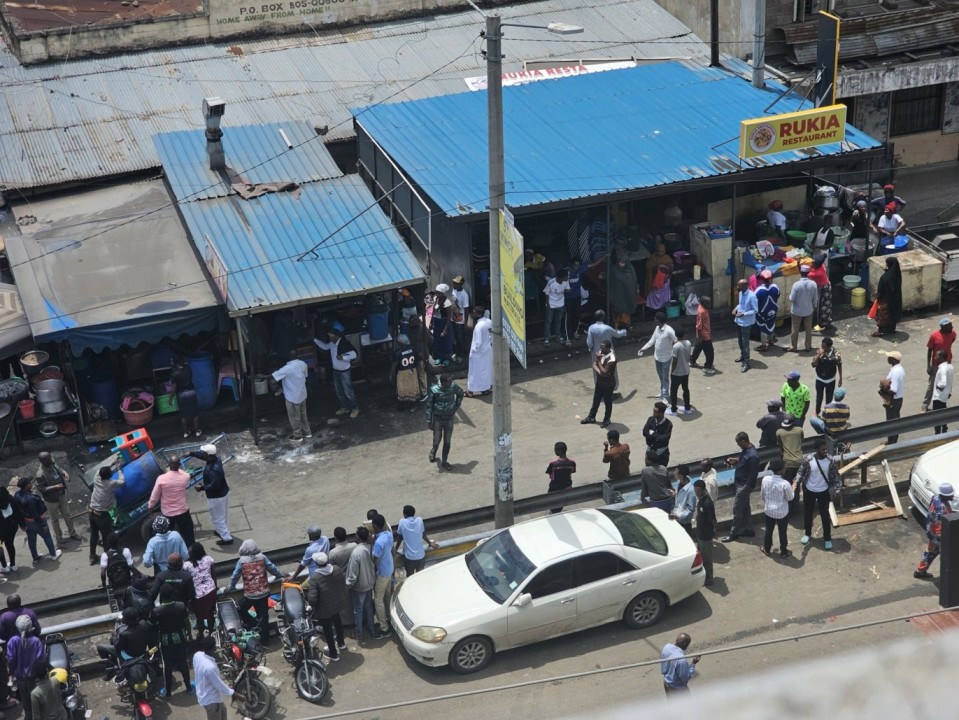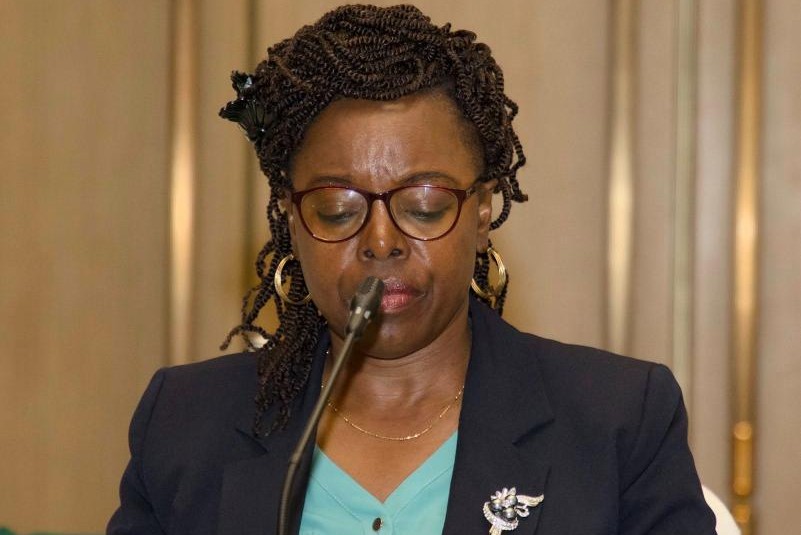MPs raise alarm over 60 years of statelessness in Kenya, back recognition for Pare, Chuka communities

The DG noted that Kenya had in recent years recognised previously stateless groups such as the Makonde, Pemba, Shona, and Kenyans of Asian descent after they submitted formal petitions to the government.
Members of Parliament have raised concerns over the continued existence of stateless communities in Kenya, more than 60 years after independence, as the Kenya National Bureau of Statistics supported fresh petitions seeking the formal recognition of the Pare and Chuka as distinct ethnic groups.
The issue came up during a session of the National Assembly's Departmental Committee on National Cohesion and Equal Opportunity, chaired by Janet Sitienei, where KNBS Director General Macdonald Obudho presented submissions on the two petitions.
More To Read
- Chuka community’s push for recognition as Kenya’s 45th tribe reaches Parliament
- Taita Taveta’s Pare community appeals for formal recognition as a tribe in Kenya
- Citizenship campaign: Kenya recognised among top leaders in eradicating statelessness
- Population of stateless persons to reduce after dissolution of ID vetting committees
Petition No. 1 of 2025 seeks recognition of the Pare people, while Petition No. 9 of 2025 calls for the recognition of the Chuka.
Obudho said proper identification of all ethnic communities is essential for data accuracy and fair national planning.
“Over the years, various communities living in Kenya have sought to be recognised as distinct tribes or sub-tribes,” he said.
“This drive is often motivated by the desire to access statistical data, claim rightful entitlements, and promote community interests.”
He added that accurate tribal data is key for resource distribution, cultural preservation, social integration, and preventing exclusion.
The DG noted that Kenya had in recent years recognised previously stateless groups such as the Makonde, Pemba, Shona, and Kenyans of Asian descent after they submitted formal petitions to the government.
The Committee heard that the Pare community, who mainly live in Taveta Constituency in Taita Taveta County, were listed among 6,272 stateless persons during the 2019 national census.
The Chuka community, meanwhile, is mostly found in Tharaka-Nithi County and is currently considered a subgroup of the larger Meru ethnic community.
Vice Chairperson of the Committee questioned why communities that have lived in Kenya for generations still lack official recognition.
“Considering Article 16 of the Constitution outlines the conditions for citizenship, why has the Government neglected communities that have lived on this land long before national borders were drawn?” she asked.
Taveta MP John Bwire warned that failure to resolve statelessness contradicts the Constitution.
“Recognising people as stateless is going against the tenets of the Constitution of Kenya, specifically, Article 27, which guarantees equality and freedom from discrimination for all Kenyans,” he said.
Obudho clarified that although KNBS collects data on communities, only the Ministry of Interior and National Administration has the power to officially recognise and gazette tribes.
He urged Parliament to act on the two petitions and collaborate with the Ministry to ensure every community is accounted for before the 2029 census.
“Statistical accuracy is best achieved when data is collected at the most distinct level. Avoiding the generalisation of communities will enhance equality and ensure that all Kenyans are accounted for,” Obudho said.
Top Stories Today
